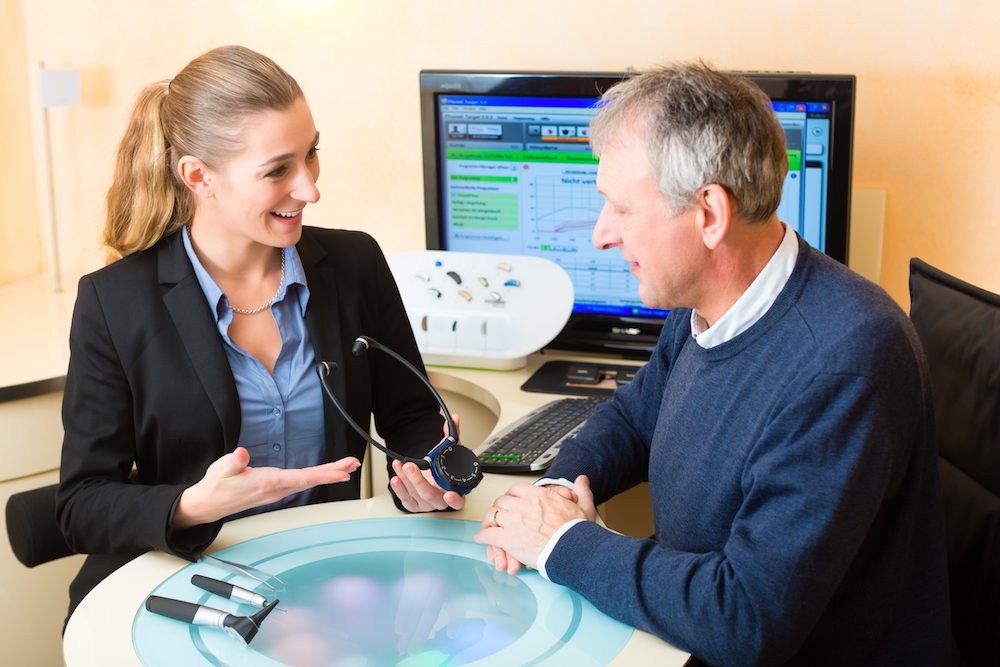Preparing Your Hearing Aids for Winter
Cold weather can be hard on electronic devices, and hearing aids are no


Cold weather can be hard on electronic devices, and hearing aids are no

Children with hearing loss face unique challenges that are completely

Modern hearing aids do much more than simply make sounds louder. They help